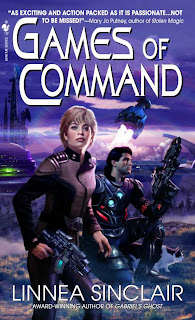STATUS: TGIF and one more day before I head home. I’ve had a great week but I’m ready.
What’s playing on the iPod right now? I PUT A SPELL ON YOU by Bryan Ferry
Today was a hoot. Not only did I have lunch with an editor but we popped over to Downtown Crossing to visit a “famous” tea room to have our fortunes told.
Poor Jennifer Kushnier of Adams Media. She got the news that she’ll have three baby boys in her future. All I got was “in 12 months, I’ll be living in abundance.”
Hey, I’ll take the latter.
At noon I met Jennifer at the restaurant Turner Fisheries in Boston’s Back Bay area. Yep, I broke my fast of only meeting with children’s editors.
She bought a book from me called THE DIVORCED GIRLS’ SOCIETY: YOUR INITIATION INTO THE CLUB YOU THOUGHT YOU’D NEVER JOIN by my authors Jennifer O’Connell and Vicki King. (It’s a nonfiction book that will be out in the fall and will be spotlighted in the AM booth for Book Expo).
As most of you know, my agency doesn’t tend to do nonfiction projects. In this case, Jennifer O’Connell has been a long-time client of mine so I was happy to take on her nonfic project and sell it.
So for those of you in the NF field, Adams Media should probably be on your radar since the editors there will consider unagented submissions. Just do your research first.
Jennifer summed up their focus as this:
Adams Media specializes in prescriptive, practical nonfiction that has a national (not regional) appeal. Their goal is to know what drives readers to that shelf in the bookstore and then to have an AM book there that will answer that end user’s question.
That’s it in a nutshell. What works are books where the title presents the problem and the subtitle provides the solution.
For example (and this book was plucked out of their slush pile): DATING THE DIVORCED MAN: SORT THROUGH THE BAGGAGE TO DECIDE IF HE’S RIGHT FOR YOU.
You pretty much know what that book is about and you pretty much now know what Adams Media is about.
Back in the office on Monday.

